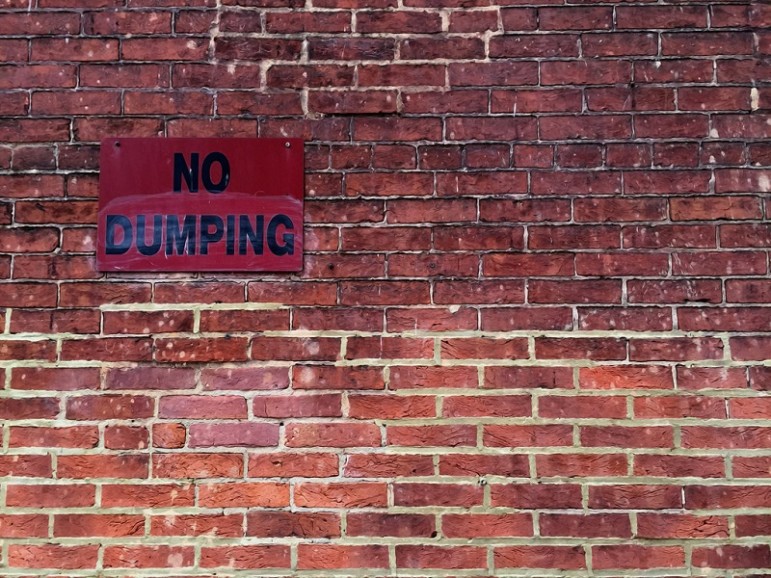
March 22, 2016; Daily Mirror
The Oxfam bookshop in Swansea, South Wales has a message for its donors: Please, no more Christian Grey. The charity store’s manager Tweeted last week that the shop had received plenty of copies of E.L. James’s Fifty Shades of Grey series, along with a photo of a fort that the thrift store’s staff had built using copies of the novels.
According to the manager, the used book shop has become a “retirement home” for the romantic(ish) paperbacks, and has received hundreds of copies.
Oxfam, a confederation of 17 nonprofits throughout Europe, North America, and Asia focused on addressing international poverty, raises some of its funding through secondhand stores. The organization’s used bookshops are quite popular in the UK, and have actually been criticized for competing aggressively with independent used-book stores. But Oxfam’s donation boxes might be giving them one problem that for-profit bookstores tend to avoid: an influx of items the shops can’t sell.
Sign up for our free newsletters
Subscribe to NPQ's newsletters to have our top stories delivered directly to your inbox.
By signing up, you agree to our privacy policy and terms of use, and to receive messages from NPQ and our partners.
What happens to your unwanted beach reads when Goodwill or Oxfam can’t sell them? Large-scale operations have developed secondary markets and offer unsalable goods to recycling brokers or secondary resellers. Through these operations, undesired erotica can avoid the landfill and be recycled or sold by the pound to another bookseller.
The problem of unusable donations hasn’t been solved across the thrift universe, however. RedEye Chicago recently interviewed several local thrift store managers, and found that unusable donations create extra work for employees and volunteers—and create rising disposal costs. Smaller resale outlets might lack the resources to get into secondary markets. And with the market value of recyclables plummeting, recycling materials may become less profitable for resellers.
Oxfam won’t be landfilling its Fifty Shades fort, though; its Swansea shop will pass unsold copies to Goldstone Books, a book wholesaler in South Wales, for recycling or resale.—Lauren Karch













